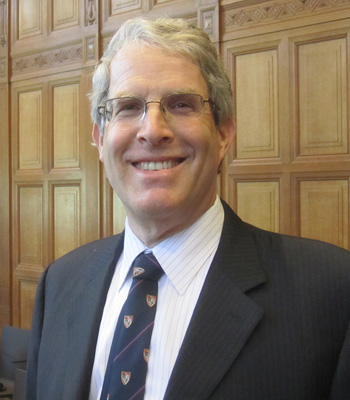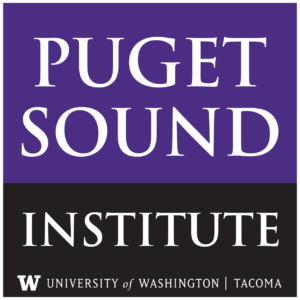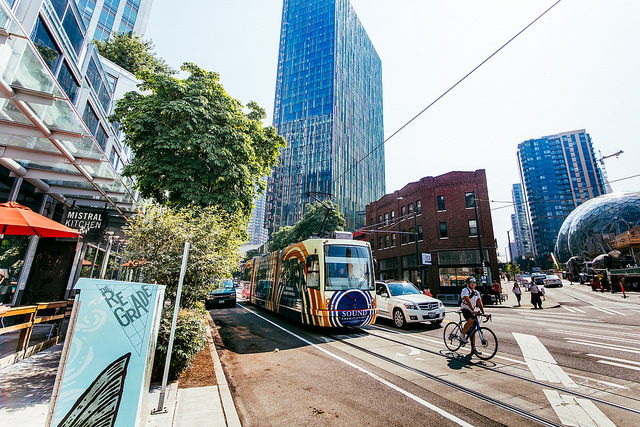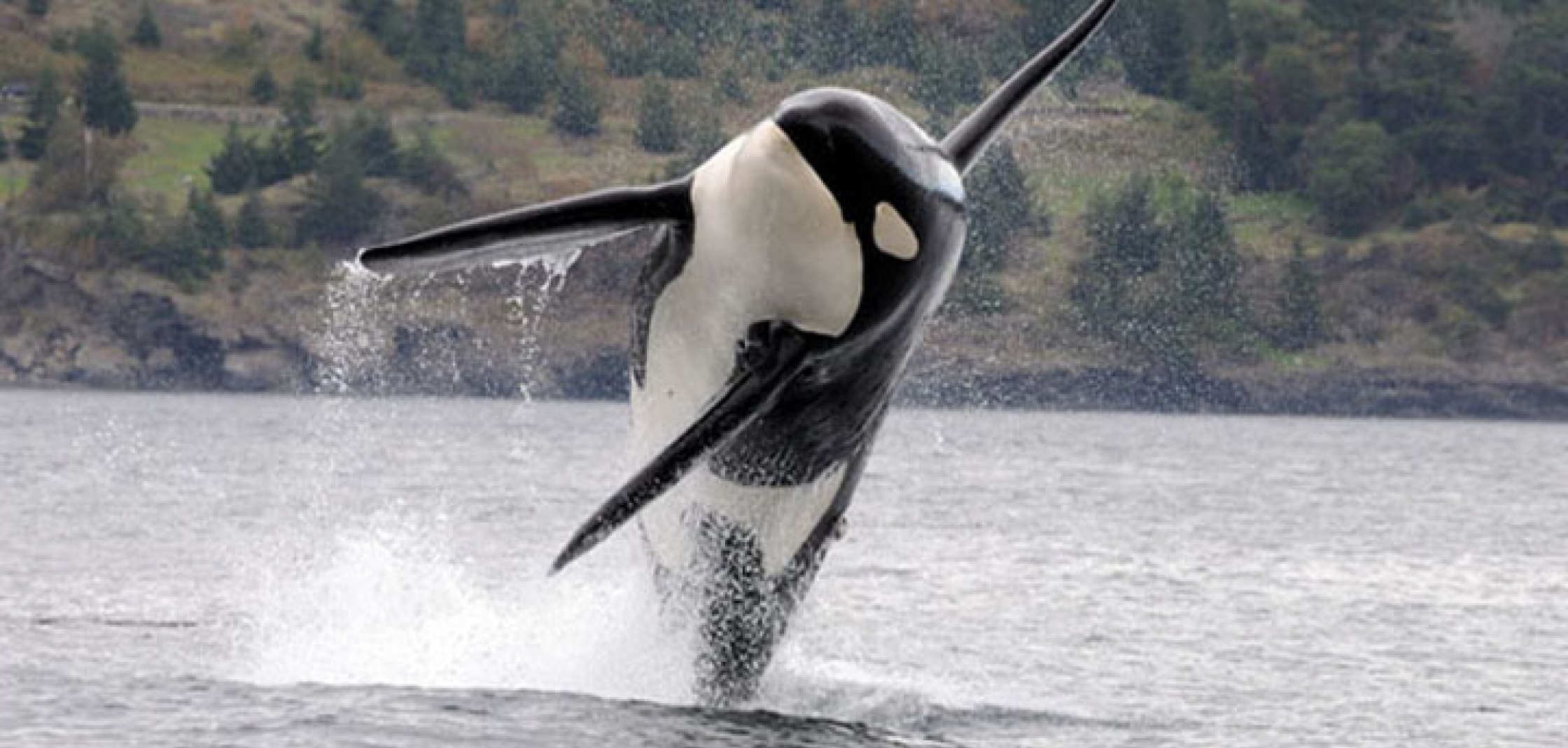As the state’s stay-at-home order drags on, much of the work to recover Puget Sound has shifted online. Funding schedules for the state and federal Strategic Initiatives remain on track and events like the Salish Sea Ecosystem Conference are going virtual next week with presentations by video conference. But researchers face an entirely different situation […]
February 8, 2019
 ">
"> Marc Mangel joins PSI
By Jeff Rice How many fish are in the Salish Sea? It’s an impossible question that drives the Puget Sound Institute’s newest senior scientist Marc Mangel. Mangel has spent his career working on fish and fisheries issues and uses mathematical models to answer critical questions about species such as their population numbers and population health. […]
September 21, 2017

U.S. EPA commits funding to support PSI’s role in Puget Sound science
A collaboration between the University of Washington Puget Sound Institute (PSI), Oregon State University, Northern Economics, and the Puget Sound Partnership has been selected by the Environmental Protection Agency to coordinate the region’s science program. The four-year cooperative agreement provides an anticipated $7.25 million to create and communicate timely and policy-relevant science to support and […]
September 20, 2017
 ">
"> Interview: Can ’Silicon Valley North’ change the way we think about Salish Sea recovery?
By Jeff Rice, Puget Sound Institute A strong economy driven by a world-leading technology industry is expected to draw millions of new residents to the Salish Sea region within decades. This changing population brings with it new strains on the environment but also new perspectives. Incoming residents may not see Puget Sound the same way […]
December 19, 2016

Year in review: 2016
This year has been as busy as any we have had since our founding in 2010. As we look forward to year seven (!) of our organization, we have put together a sort of highlight reel of accomplishments. At various points, PSI scientists worked to prioritize emerging contaminants in our waterways. We studied the health of […]
November 17, 2015

New report details the broad sweep of climate change in Puget Sound
A new report commissioned by the Puget Sound Institute and the Encyclopedia of Puget Sound provides the most comprehensive assessment to date of the expected impacts of climate change on the Puget Sound region. The report was produced by the University of Washington Climate Impacts Group, and is meant as an easy-to-read summary that covers […]
November 2, 2015

State report says lack of funding is a major barrier to Puget Sound recovery
The 2015 State of the Sound report from the Puget Sound Partnership points to lack of funding as one of the leading barriers to Puget Sound recovery. The report looks at ongoing progress to restore the health of the ecosystem, but according to the Partnership’s Executive Director Sheida Sahandy, “The rate at which we as […]
October 29, 2015

Call for nominations for 2016 Salish Sea Science Prize
The SeaDoc Society has issued a call for nominations for the 2016 Salish Sea Science Prize. The prize of $2000 is awarded every two years to scientists or teams of scientists working to improve the management or conservation of the Salish Sea ecosystem. Read more at the SeaDoc Society website.
October 19, 2015

List of Salish Sea fish grows to 253 species
Researchers updating a 1980 fish catalog have found evidence of 37 additional fish species in the Salish Sea. This information, accompanied by hundreds of detailed illustrations, is seeding a new reference book expected to gain wide use among scientists, anglers and conservationists. Read an interview with one of the book’s co-authors in the Encyclopedia of […]
October 13, 2015

Leadership Council to consider new State of the Sound report
The Puget Sound Partnership Leadership Council will review a draft of the latest State of the Sound report at its October 15th meeting in La Conner. It will also hear from the UW Climate Impacts Group about a new report commissioned by the EPA and the Puget Sound Institute analyzing future climate conditions in the […]

 ">
">